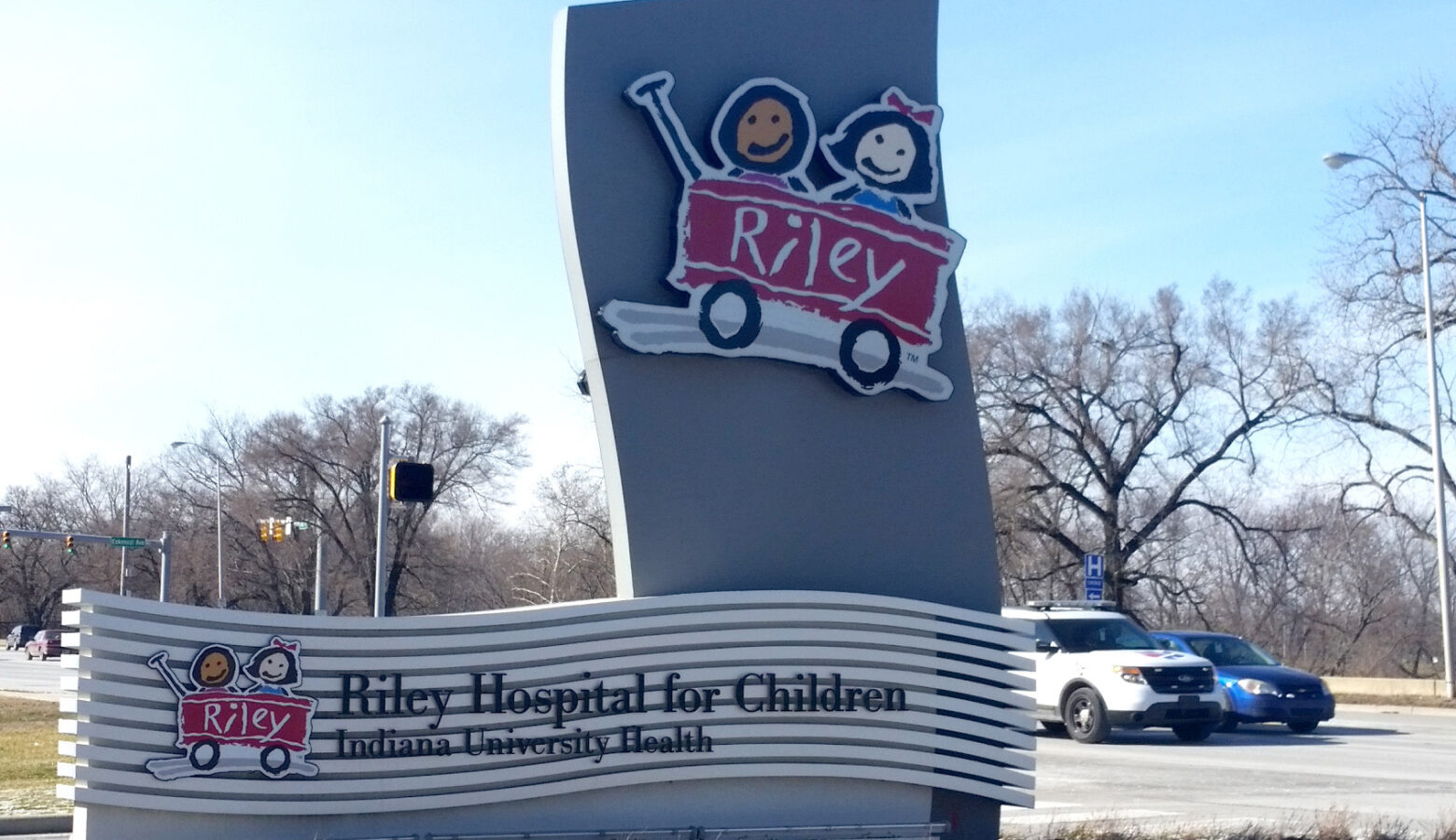IU Health prepares to provide abortion care after Indiana’s near-total ban takes effect

Indiana’s largest health care system said it’s prepared to continue offering legal abortion care after the state’s ban takes effect Sept. 15.
IU Health leaders said they’ve spent the last month developing guidance and supports for providers.
Dr. David Ingram, IU Health chief medical officer, said the system’s senior leaders evaluated where abortions have been provided in Indiana and where they might be provided once the near-total ban takes effect.
“All of our sites are prepared for that and we’re determining what’s the best access point, based on a number of factors for our patients seeking care,” Ingram said.
Maternal-fetal medicine specialist Dr. Caroline Rouse said IU Health has also created a 24-7 rapid response team that’s prepared to answer provider questions about what they are allowed to do under the ban.
“So, in the event that a health care provider has an urgent legal question related to provision of abortion services, the rapid response team can be called for an opinion and advice,” Rouse said.
That team will include a legal expert, an ethics expert and a medical specialist.
IU Health will not pay travel expenses for patients who can only access desired abortion care outside of Indiana. But Rouse said its providers will give patients information about where they can get the care they want.
READ MORE: Abortion care providers challenge Indiana’s near-total abortion ban
Join the conversation and sign up for the Indiana Two-Way. Text “Indiana” to 73224. Your comments and questions in response to our weekly text help us find the answers you need on statewide issues.
Ingram said the system’s medical school is working to identify out-of-state training programs for students who want to be trained to provide abortion care that isn’t legal in Indiana.
He also said the cost of abortion in Indiana will increase once the ban takes effect because in-hospital services are more expensive than those offered in clinics, where most abortions were provided up to now.
IU Health said the system is also preparing for a significant increase in the number of pregnant patients due to the ban.
Ingram said about 10 percent of all pregnancies require admission to a special nursery or neonatal intensive care unit.
“And currently, we are running at about 90 to 95 percent capacity in those units,” Ingram said.
Ingram also noted that Indiana already has some of the worst infant and mortality mortality rates in the country. He said IU Health will actively study the impact of the abortion ban on those rates.
Contact reporter Brandon at bsmith@ipbs.org or follow him on Twitter at @brandonjsmith5.

